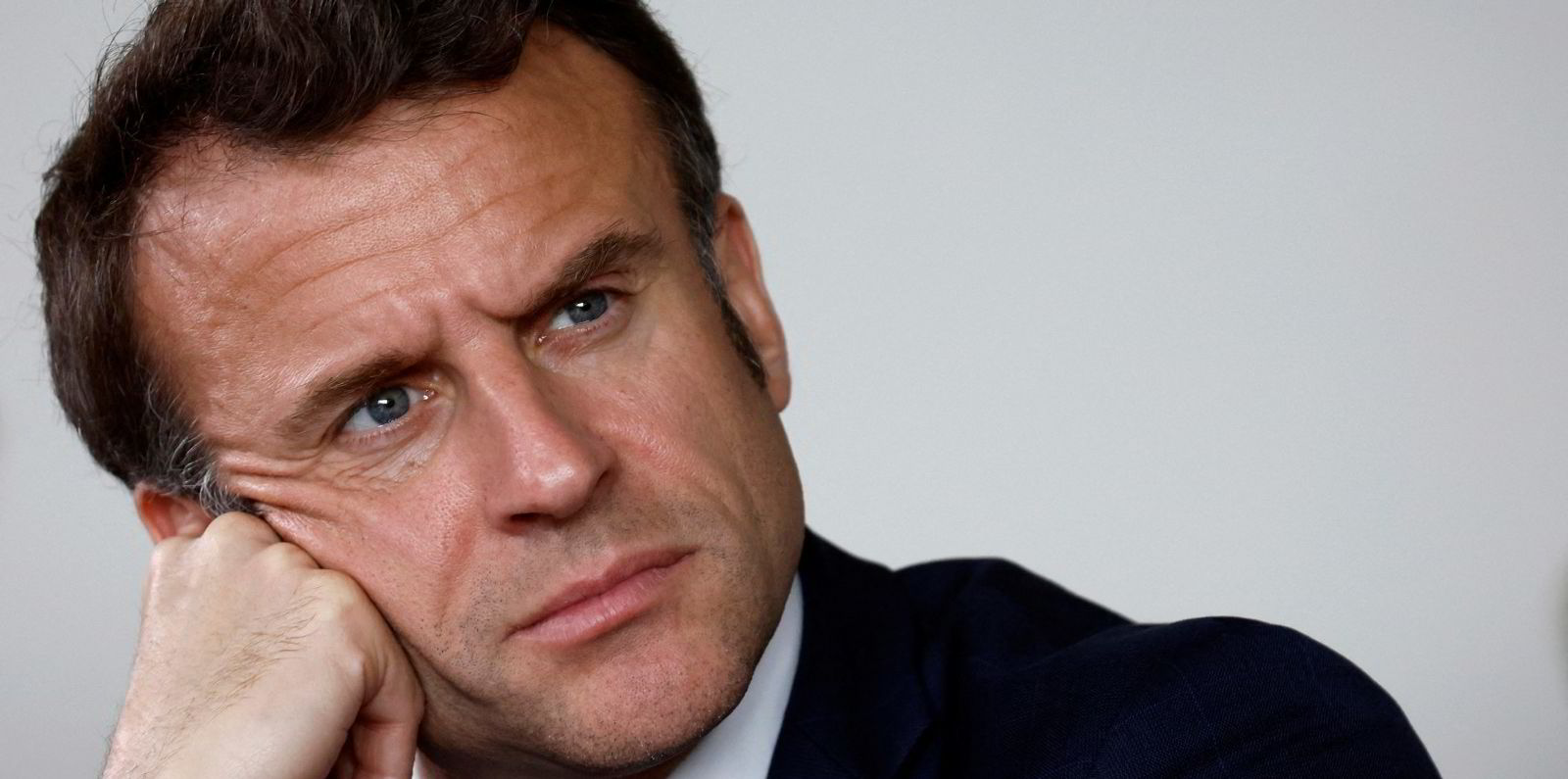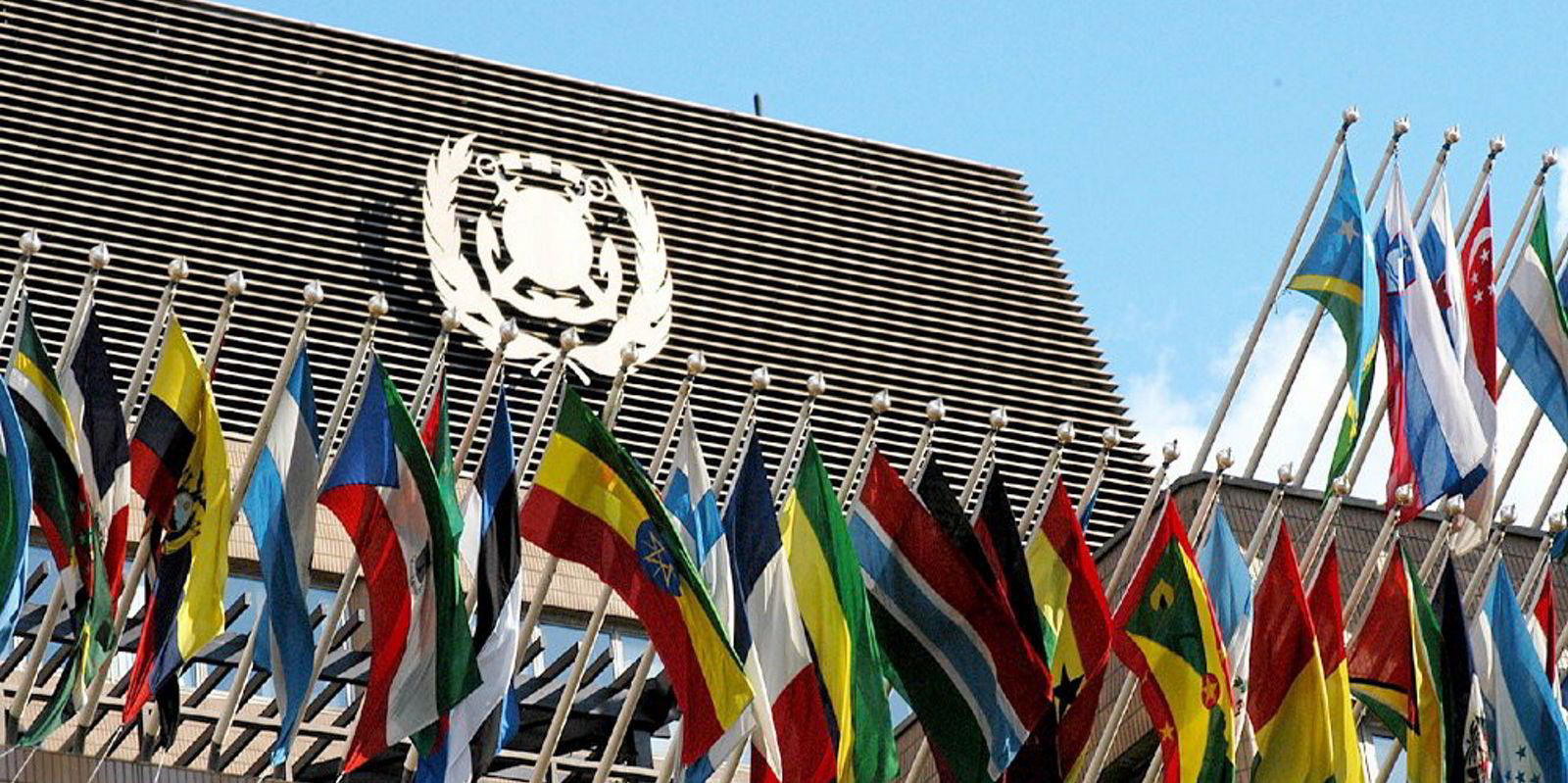Concerns have emerged that the European Union may end up with a watered-down position at the International Maritime Organization negotiations this summer to set more ambitious climate targets as European Union member states started to discuss proposals this week.
France is backing away from setting an interim target for 2030, which environmentalists argue is essential to get emission reductions underway and make it possible to hit a zero or net zero ambition for 2050, according to a story in French online publication Mediapart.
France is believed to be lining up with traditionally conservative countries such as Greece and Cyprus in opposing a 2030 target, according to sources who spoke with Mediapart and others with which TradeWinds has communicated.
A weak position from France would be contradictory to the declaration issued by G7 countries last week in Japan calling on the IMO to include intermediary targets in 2030 and 2040 as part of strengthening efforts to cut life-cycle zero emissions from international shipping by 2050 at the latest.
The G7 submission was expected to add pressure on the IMO to follow suit at the critical Marine Environment Protection Committee (MEPC) meeting in July.
But the opposite will be the case if the EU’s position, until now an ambitious stance, is weakened.
“The EU has claimed competency over all things to do with greenhouse gas emissions so that means all 27 member states have to toe the agreed EU line whereas you use to hear from the more ambitions countries that would say ‘we really want a 2030 target’,” said Aoife O’Leary, chief executive of Opportunity Green, an non-governmental organisation working to tackle climate change using law, economics and policy.
“But now you don’t hear those ambitious voices and it has all been brought down to the lowest common denominator,” she said.
UK-based consultancy UMAS warned earlier this month that shipping needs to cut greenhouse emissions by 37% by 2030, compared with 2008 levels, to remain in line with efforts to keep global warming below 1.5C.
UMAS said vessel efficiency improvements of 60% will be needed by 2030, and Tristan Smith, one of the authors of the report, said: “International shipping is currently on track for a complacent 2020s, followed by a highly disruptive 2030s caused by a turbulent, expensive and late fuel transition.
“At present, the 2030 ambition/target and, by association, the efficiency opportunity, are not getting the attention they deserve at the expense of the industry and those it serves.”
The EU discussions are expected to take a couple of weeks, but a decision is expected by 10 June, sources say.





